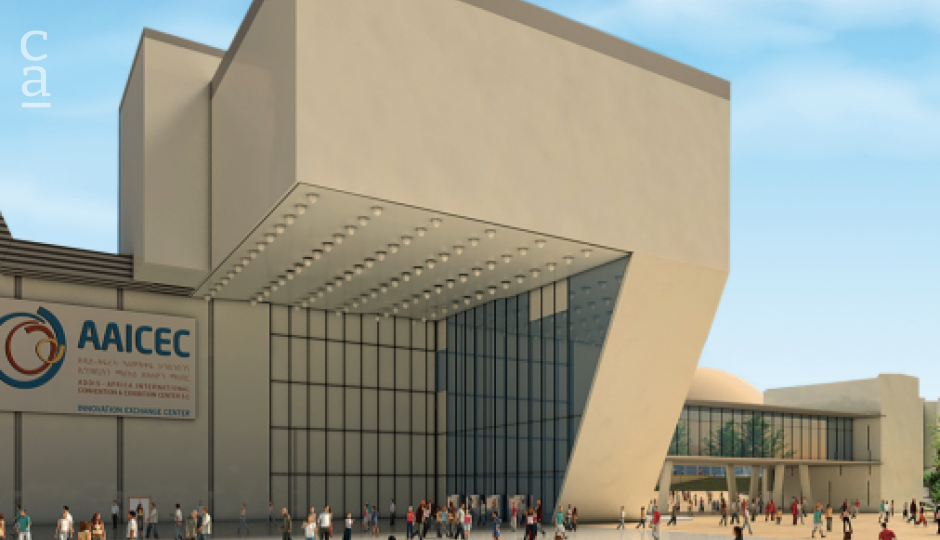All Africa
Convention Centres As Drivers Of Economic Growth
Governments in Sub-Saharan Africa see business tourism as an opportunity to grow foreign earnings.

Governments in Sub-Saharan Africa are catching on to the opportunity that business tourism represents as the meetings, incentives, conferences and exhibitions (MICE) industry rebounds following the Covid-19 pandemic.
Several countries have established agencies to promote themselves as MICE destinations in recent years and are investing in infrastructure to host large-scale events.
According
Want to continue?
Subscribe to get access to premium content
By subscribing you get access to the Newsfeed, Tenders, Events

